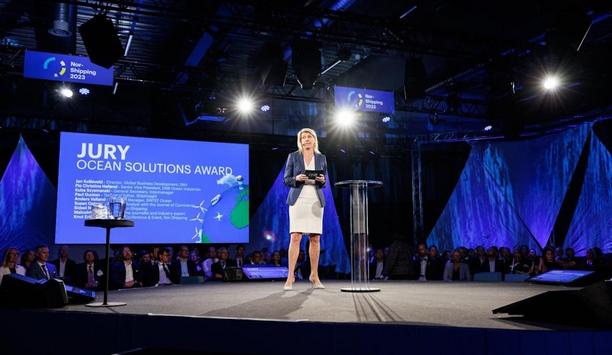They were purchasing merchandise from a major apparel manufacturer that imported its goods from Asia. These goods arrived through different gateways to the country and were then brought together, using a multi-modal transport system, to a DC in Jonesville, North Carolina. From there, the goods would then be trucked to a consolidation centre in Tennessee, and subsequently to various DCs across the country.
The Challenge
They were contending with a supply chain that was complex, inefficient, and expensive. They required a solution that not only simplified their supply chain but also improved the efficiency of their business.
‘DC Bypass’ programme
The company eliminated unnecessary transport and handling, like the cross-country intermodal trucking
Working along with the customer and their supplier, Maersk designed and implemented a ‘DC Bypass’ programme. Through this, the company eliminated unnecessary transport and handling, like the cross-country intermodal trucking, the supplier’s DC, Less Than Truckload trucking, and the retailer’s consolidation centre. As a replacement, Maersk used its facilities in Carson and Newark to organise the cargo movement more efficiently.
This enabled Maersk to consolidate the supplier’s merchandise with other merchandise destined for the retailer and send full truckloads to the retailer’s DCs, and even directly to some of their stores.
Simplifying supply chain
The new approach not only enabled Maersk to simplify its customer’s supply chain but also make it more reliable and flexible. This allowed them to make better buying and distribution decisions. By cutting out needless junctures, it was able to reduce their lead times by 2 weeks, meaning the customer is quicker to market with new products.
Importantly, Maersk was able to generate a combined cost savings of $10.6 million for the companies involved. And incidentally, freed the customer from the need for company-owned assets like multiple DCs, trucks, and additional staff. Lastly, the DC Bypass approach reduced the customer’s carbon footprint, making them responsible corporate citizens.









